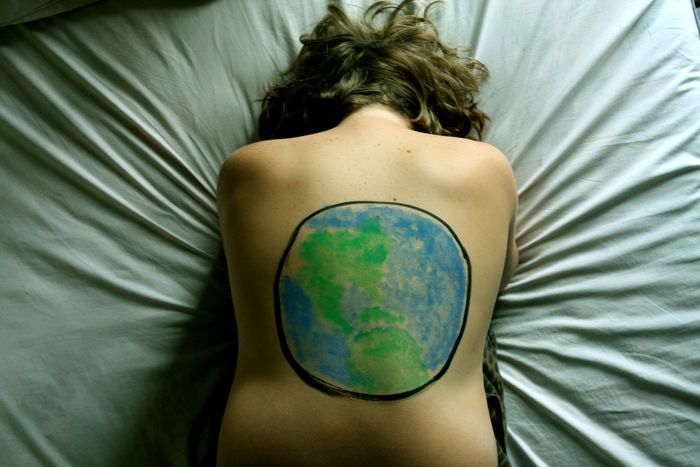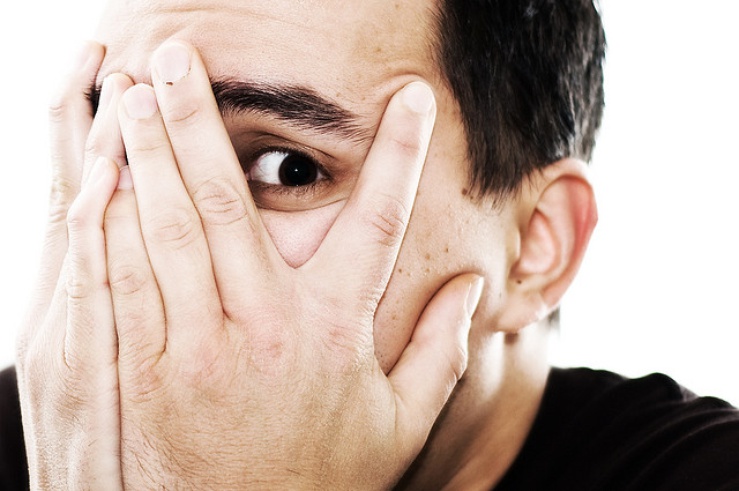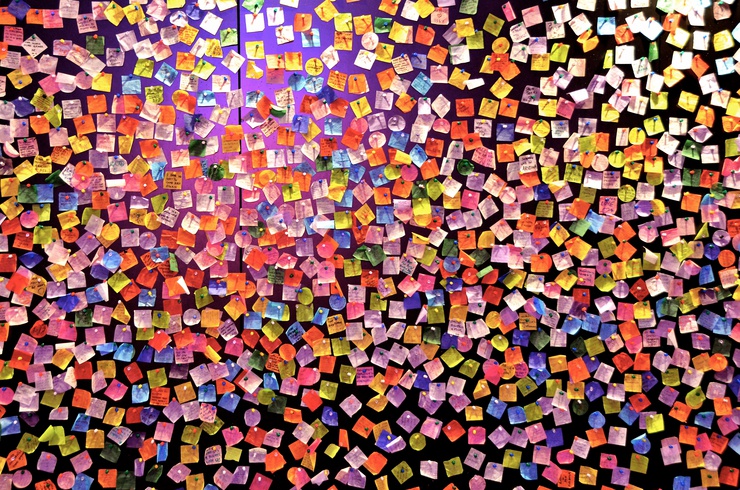
Signing 2012 off with a cosmophobic touch
Published on
Translation by:
Cafebabel ENG (NS)The story of the end of the world started with the planet Nibiru. It collided with earth and almost provoked its destruction in 2003, before being re-prophecised for December 2012. Nasa scientists assured citizens well in advance of the insignificance of the date, but some Europeans more than others are susceptible to the bad news
If a planet was getting closer to earth, it would be the clearest point in the sky after the sun and the moon,' says David Morrison, a planetary astronomist who specialises in the issue of asteroids which could pose a threat to earth. 'A planet can't be hidden. I know astronomy circles and no-one feels the obligation to keep their scientific investigations a secret.' Cosmophobia still exists despite the lack of scientific evidence. We feel cosmophobic about a potential split in the Milky Way, a disappearance of the earth's magnetic field or the black hole in the centre of the galaxy, the inversion of earth's magnetic poles, supernovas, and much more.
An Ipsos survey polling 16, 262 people across 21 countries found that 14% believe that the end of the world is close. 22% of citizens in Turkey feel the same, whilst only 6% of French, 7% of Belgians and 8% of Brits agree that the Armageddon is close. 'The end of the world as the Mayans would have it, on 21 December 2012, won't bring us to an apocalypse; it indicates the end of a cycle, after which the next will one begin,' says the official Nasa website. The Chinese (20%) form the biggest part of the 10% who are still not convinced. In Europe, the Russians and Turks (13%) share the sentiment, with the Poles and Hungarians (12%), French and Spanish (10%). The Europeans who don't really believe in the philosophy include the Italians (7%), Brits (7%) and Germans (4%).

You can compare those who enjoy a good quality of life directly to their beliefs about the end of the world. An OECD report shows that those who enjoy good health, a level of education and positive experiences will be less obsessed with the dreary theory. The Hungarians, Portuguese, Turks and Russians are statistically some of the 'saddest' in Europe.
Ipsos analysts have made a connection to the age of participants, suggesting that younger, more inexperienced people might be more susceptible to believing in the Armageddon. That's slightly unfair considering eurostat figures pinned around 23.4% of Europeans who were under the age of 25 and unemployed in 2012. 40 million Europeans currently live in poverty, taking into account the costs of accommodation, bills, and lack of televisions, washing machines or televisions at home.

As christmas nears little wonder that some of us search the skies for answers without looking at the human influence of the macro-economy, social crisis and other problems troubling our existence. In 2012 christmas will take place as usual with the exception of one thing: Europeans will need to find the determination in themselves to start 2013 and achieve their resolutions. This is the best therapy for cosmophobia.
Images: main (cc) alexis mire; in-text (cc) zetson; (cc) Vsharma/ all via flickr; (cc) SETI Institute.
Translated from Europejska kosmofobia?



